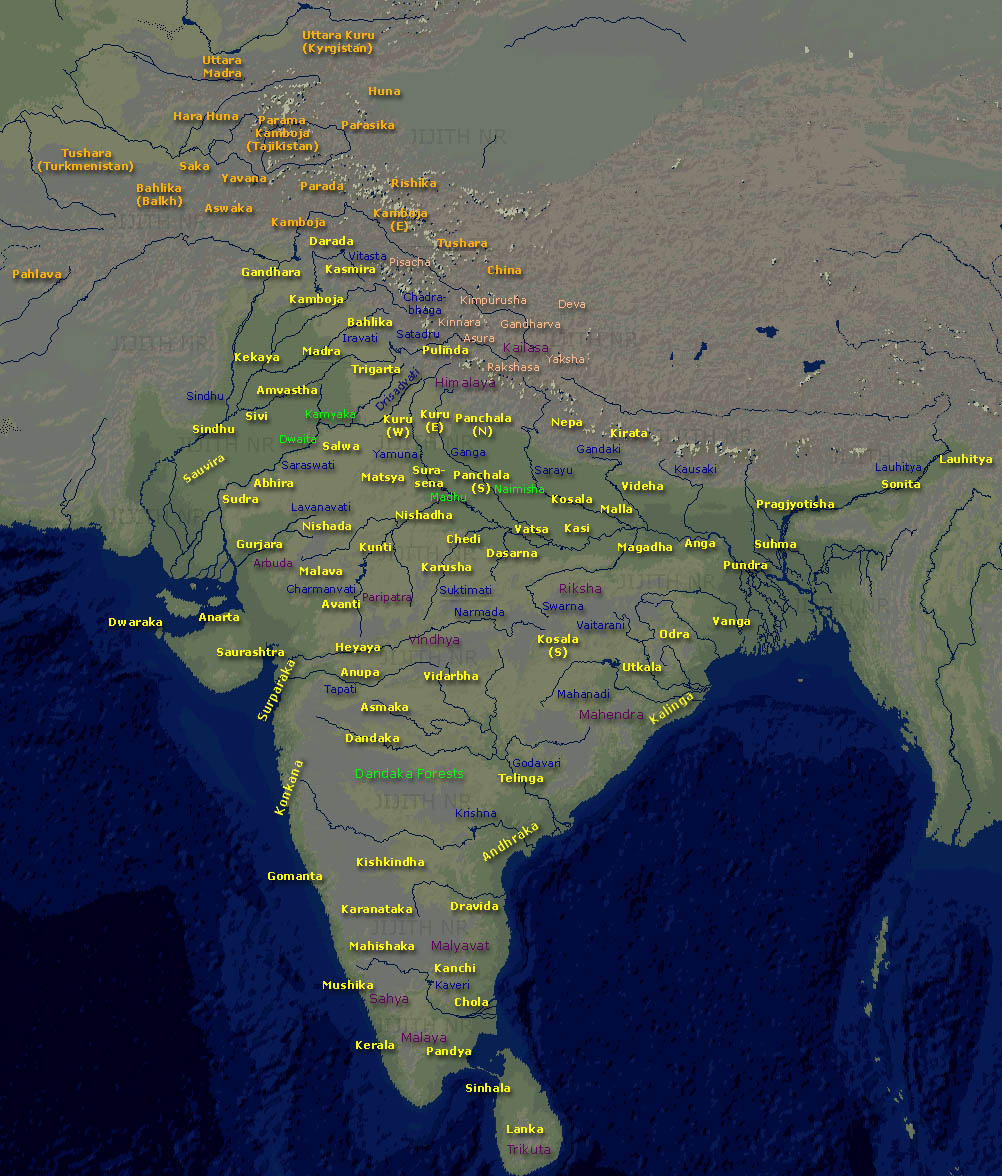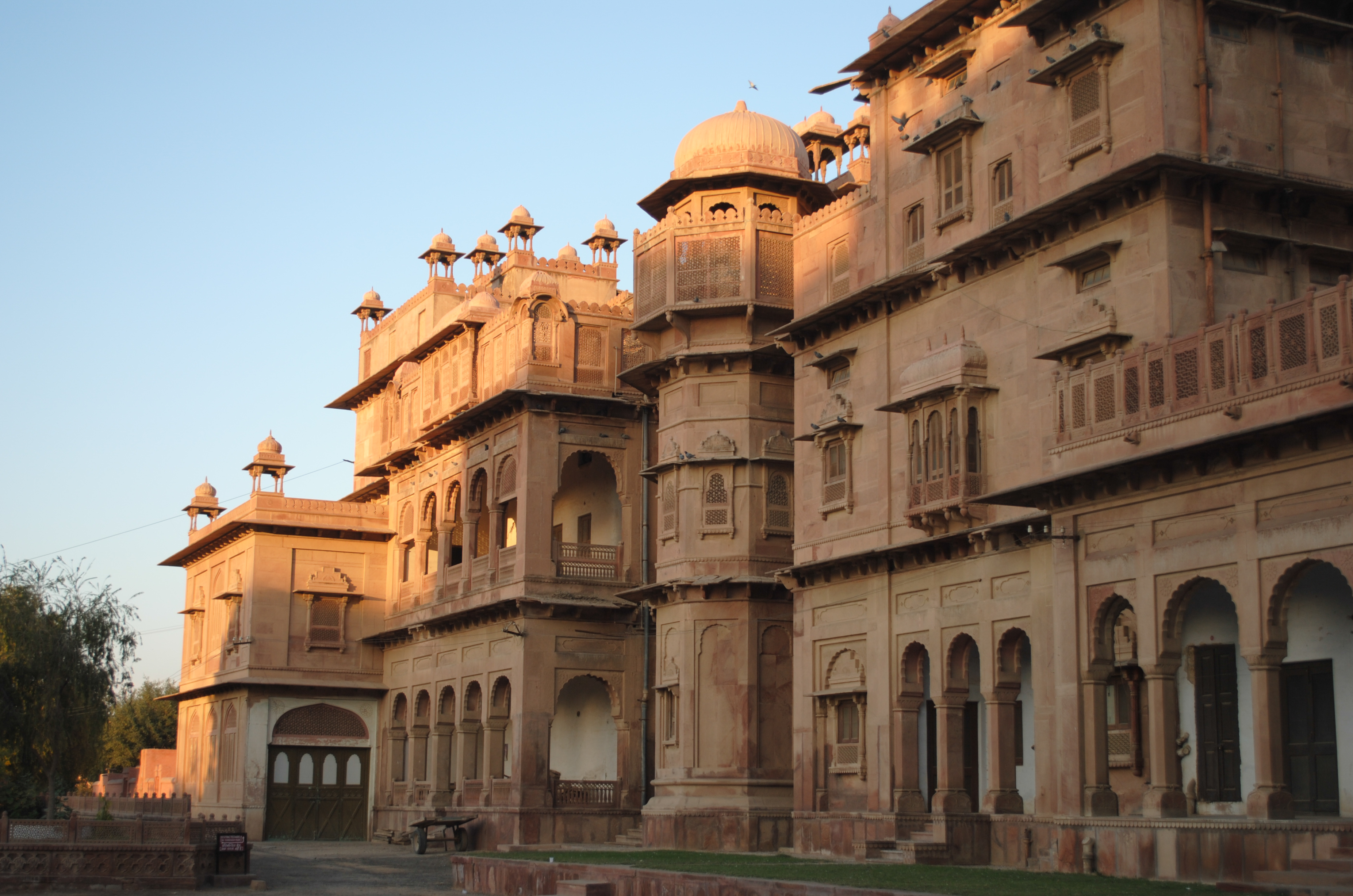|
Gadhoola
Gadhoola is a village and former non-salute Rajput princely state on Saurashtra peninsula in Gujarat, western India. History The petty princely state, in Gohelwar ''prant'', was ruled by Gohel Rajput Chieftains. In 1901 it comprised a single village, with a population of 366, yielding 3,000 Rupees state revenue (1903-4, mostly from land), paying 196 Rupees tribute, to the Gaikwar Baroda State and Junagadh State Junagarh or Junagadh ( ur, ) was a princely state in Gujarat ruled by the Muslim Babi dynasty in British India, until its integration into the Union of India in 1948. History Muhammad Sher Khan Babai was the founder of the Babi Pashtun d .... References Sources and external links Imperial Gazetteer, on DSAL.UChicago.edu - Kathiawar Princely states of Gujarat {{India-history-stub ... [...More Info...] [...Related Items...] OR: [Wikipedia] [Google] [Baidu] |
Princely State
A princely state (also called native state or Indian state) was a nominally sovereign entity of the British Raj, British Indian Empire that was not directly governed by the British, but rather by an Indian ruler under a form of indirect rule, subject to a subsidiary alliance and the suzerainty or paramountcy of the the Crown, British crown. There were officially 565 princely states when India and Pakistan became independent in 1947, but the great majority had contracted with the viceroy to provide public services and tax collection. Only 21 had actual state governments, and only four were large (Hyderabad State, Mysore State, Kashmir and Jammu (princely state), Jammu and Kashmir State, and Baroda State). They Instrument of accession, acceded to one of the two new independent nations between 1947 and 1949. All the princes were eventually pensioned off. At the time of the British withdrawal, 565 princely states were officially recognised in the Indian subcontinent, apart from t ... [...More Info...] [...Related Items...] OR: [Wikipedia] [Google] [Baidu] |
Saurashtra (region)
Saurashtra, also known as Sorath or Kathiawar, is a peninsular region of Gujarat, India, located on the Arabian Sea coast. It covers about a third of Gujarat state, notably 11 districts of Gujarat, including Rajkot District. It was formerly a Saurashtra (state), state of India before it merged with Bombay state. In 1961 it separated from Bombay and joined Gujarat. Location Saurashtra peninsula is bound on the south and south-west by the Arabian sea, on the north-west by the Gulf of Kutch and on the east by the Gulf of Khambhat. From the apex of these two gulfs, the Little Rann of Kutch and Khambhat, waste tracts half salt morass half sandy desert, stretch inland towards each other and complete the isolation of Kathiawar, except one narrow neck which connects it on the north-east with the mainland of Gujarat. The peninsula is sometimes referred to as Kathiawar after the Kathi (caste), Kathi Darbar, which once ruled most of the region. However, Saurashtra is not entirely synony ... [...More Info...] [...Related Items...] OR: [Wikipedia] [Google] [Baidu] |
Gujarat
Gujarat (, ) is a state along the western coast of India. Its coastline of about is the longest in the country, most of which lies on the Kathiawar peninsula. Gujarat is the fifth-largest Indian state by area, covering some ; and the ninth-most populous state, with a population of 60.4 million. It is bordered by Rajasthan to the northeast, Dadra and Nagar Haveli and Daman and Diu to the south, Maharashtra to the southeast, Madhya Pradesh to the east, and the Arabian Sea and the Pakistani province of Sindh to the west. Gujarat's capital city is Gandhinagar, while its largest city is Ahmedabad. The Gujaratis are indigenous to the state and their language, Gujarati, is the state's official language. The state encompasses 23 sites of the ancient Indus Valley civilisation (more than any other state). The most important sites are Lothal (the world's first dry dock), Dholavira (the fifth largest site), and Gola Dhoro (where 5 uncommon seals were found). Lothal i ... [...More Info...] [...Related Items...] OR: [Wikipedia] [Google] [Baidu] |
India
India, officially the Republic of India (Hindi: ), is a country in South Asia. It is the seventh-largest country by area, the second-most populous country, and the most populous democracy in the world. Bounded by the Indian Ocean on the south, the Arabian Sea on the southwest, and the Bay of Bengal on the southeast, it shares land borders with Pakistan to the west; China, Nepal, and Bhutan to the north; and Bangladesh and Myanmar to the east. In the Indian Ocean, India is in the vicinity of Sri Lanka and the Maldives; its Andaman and Nicobar Islands share a maritime border with Thailand, Myanmar, and Indonesia. Modern humans arrived on the Indian subcontinent from Africa no later than 55,000 years ago., "Y-Chromosome and Mt-DNA data support the colonization of South Asia by modern humans originating in Africa. ... Coalescence dates for most non-European populations average to between 73–55 ka.", "Modern human beings—''Homo sapiens''—originated in Africa. Then, int ... [...More Info...] [...Related Items...] OR: [Wikipedia] [Google] [Baidu] |
Gohelwar
Gohelwar was one of the four ''prant''s or traditional provinces of Saurashtra, the others being Jhalawar or Jhalavad, Halar, and Sorath. Gohelwar covered the southeast of the Kathiawar peninsula, and roughly corresponds to the modern Bhavnagar District and Amreli District. Princely states Its salute states were : *First Class: Bhavnagar (entitled to a hereditary 13-guns salute and a 15-guns local salute, with the King titled Maharaja) *Second Class: Palitana (entitled to a hereditary 9-guns salute, with the King titled Thakur Sahib) The major non-salute states included: *Third Class: Jasdan, Vala Vala or VALA may refer to: Religion and mythology * Vala (Vedic), a demon or a stone cavern in the Hindu scriptures * Völva, also spelled Vala, a priestess in Norse mythology and Norse paganism Fiction * Vala (Middle-earth), an angelic being in ... *Fourth Class: Lathi *Fifth Class: none *Sixth Class: Bhadli, Itaria, Kotra Pitha, Limbda, Vankia *Seventh Class: Kar ... [...More Info...] [...Related Items...] OR: [Wikipedia] [Google] [Baidu] |
Gohel
The Kingdom of Rajpipla or Rajpipla State was a princely state, with full internal jurisdiction, in India ruled by the Gohil Rajput dynasty for over 600 years from around 1340 till 1948. It was the largest State, and the only first-class State, of the Rewa Kantha Agency.. Among Gujarat States (as distinct from Kathiawar or Saurashtra States), Rajpipla State was the second-largest after Baroda (Vadodara) in terms of size and importance. The Gohil Rajput dynasty of Rajpipla survived the onslaught of the Sultans of Ahmedabad and the Mughals during the mediaeval period, and the Gaekwars of Baroda and the British in the modern period, to emerge as a well-administered State with contemporary infrastructure, policies and practices by the time it was merged with the Union of India on 10 June 1948. The Rajpipla princely State was situated largely between two important rivers of western India—the Narmada and the Tapti, with the Satpura range in the south. Spanning an area of ... [...More Info...] [...Related Items...] OR: [Wikipedia] [Google] [Baidu] |
Rajput
Rajput (from Sanskrit ''raja-putra'' 'son of a king') is a large multi-component cluster of castes, kin bodies, and local groups, sharing social status and ideology of genealogical descent originating from the Indian subcontinent. The term Rajput covers various patrilineal clans historically associated with warriorhood: several clans claim Rajput status, although not all claims are universally accepted. According to modern scholars, almost all Rajput clans originated from peasant or pastoral communities. Over time, the Rajputs emerged as a social class comprising people from a variety of ethnic and geographical backgrounds. During the 16th and 17th centuries, the membership of this class became largely hereditary, although new claims to Rajput status continued to be made in the later centuries. Several Rajput-ruled kingdoms played a significant role in many regions of central and northern India from seventh century onwards. The Rajput population and the former Rajput stat ... [...More Info...] [...Related Items...] OR: [Wikipedia] [Google] [Baidu] |
Baroda State
Baroda State was a state in present-day Gujarat, ruled by the Gaekwad dynasty of the Maratha Confederacy from its formation in 1721 until its accession to the newly formed Dominion of India in 1949. With the city of Baroda (Vadodara) as its capital, during the British Raj its relations with the British were managed by the Baroda Residency. The revenue of the state in 1901 was Rs. 13,661,000. Baroda formally acceded to the Dominion of India, on 1 May 1949, prior to which an interim government was formed in the state. History Early history Baroda derives its native name ''Vadodara'' from the Sanskrit word ''vatodara'', meaning 'in the heart of the Banyan (''Vata'') tree. It also has another name, ''Virakshetra'' or ''Virawati'' (land of warriors), mentioned alongside ''Vadodara'' by the 17th century Gujarati poet Premanand Bhatt, native to the city. Its name has been mentioned as ''Brodera'' by early English travellers and merchants, from which its later name Baroda was d ... [...More Info...] [...Related Items...] OR: [Wikipedia] [Google] [Baidu] |
Junagadh State
Junagarh or Junagadh ( ur, ) was a princely state in Gujarat ruled by the Muslim Babi dynasty in British India, until its integration into the Union of India in 1948. History Muhammad Sher Khan Babai was the founder of the Babi Pashtun dynasty of Junagarh in 1654. His descendants, the Babi Nawabs of Junagarh, conquered large territories in southern Saurashtra. However, during the collapse of the Mughal Empire, the Babis became involved in a struggle with the Gaekwad dynasty of the Maratha Empire over control of Gujarat during the reign of the local Mohammad Mahabat Khanji I. Mohammad Khan Bahadur Khanji I declared independence from the Mughal governor of Gujarat subah, and founded the state of Junagarh in 1730. This allowed the Babi to retain sovereignty of Junagarh and other princely states. During the reign of his heir Junagarh was a tributary to the Maratha Empire, until it came under British suzerainty in 1807 under Mohammad Hamid Khanji I, following the Second Ang ... [...More Info...] [...Related Items...] OR: [Wikipedia] [Google] [Baidu] |





